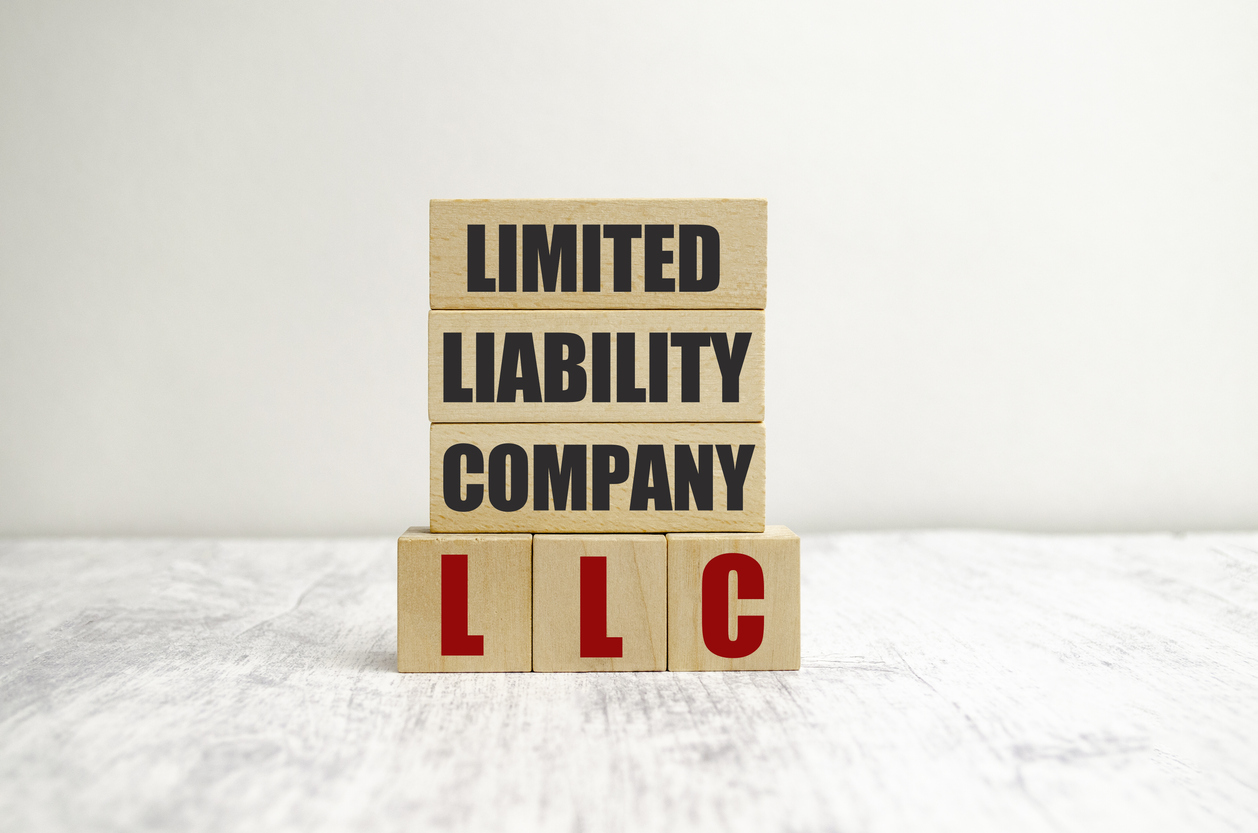Starting a business in the United States could be your ideal opportunity to reach your target audience and build success.
You don’t have to live in the U.S. to own or operate a business there. You also do not have to be a citizen. However, there are several steps you need to keep in mind if you hope to launch a successful business in The States.
Who Can Start a Business in the U.S.?
Non-U.S. citizens can form a limited liability company (LLC) in the United States if they live abroad if they meet the specific requirements set by the Internal Revenue Service (IRS). The IRS states that “aliens” who are classified as any person that is born in another country but does not have citizenship in the U.S. can own a business in the country even if they do not live or are not physically present in the country. However, you cannot work in the U.S. without completing the necessary paperwork to do so.
This means that those who are classified as a residential alien (a person that lives in the country but does not have citizenship, though they may have a green card) or someone that does not live in the country.
If you wish to work in a business that you have invested in that is in the U.S., you will need to apply for approval to do so. That includes applying through an E-2 Treaty Investor Classification or an EB-5 Visa.
Start an LLC in the U.S.
If you wish to own a business in the country, it is often best to establish an LLC first. This is one of the best tools you have for opening your business in The States to take advantage of the country’s business-friendly economy and competitive tax rates.
LLCs offer several benefits:
● Your assets remain protected. Your assets are shielded from access by creditors or others who file claims against your company when you have an LLC in place. This could help you protect your assets from business claims.
● Access to the U.S. economy. With an LLC, you can be a part of one of the most robust economies in the world, and that means you have access to operating a formal business in the country. It also helps to establish credibility.
● It’s easy to maintain. Unlike a corporation, an LLC is a straightforward and easy-to-establish and manage business formation.
What Steps to Take to Form an LLC in the U.S. as a Non-Citizen
Recognizing the benefits of forming an LLC, the next step is to establish one. Here’s what to remember.
You Can Choose the State to Operate In
Even if you hope to be present in all 50 states, you can form your LLC in any state. That is, you can select any state to start your business. For many people, it’s wise to carefully consider which location is best for them, thanks to lower taxes, easier qualifications, and an easy-to-manage LLC process.
Here are a few benefits of establishing your LLC in Delaware or Wyoming, for example:
● Both are very business-friendly states.
● You do not have to pay state income taxes in Delaware and Wyoming like you do in most other states.
● The fees for establishing a business in either state are very low in comparison to other states.
Either one of these states provides you with the same ability to operate your business throughout the U.S. The key difference is because you are not headquartered in a state that charges state income tax, you save money.
Establish Your LLC Name
Before you can establish your LLC, you need to name it. Each state has different rules about what types of words you can and cannot use when naming your state. You also need to ensure your name is not being used by another business in the state.
Here’s the good news. Each state allows you to search on its website for business names, which makes it possible for you to double-check the information available to make sure the name you wish to choose isn’t already being used.
You also want to conduct a nationwide investigation into the name. You do not want to run into legal problems or marketing confusion down the road as you spread your company throughout the country. Instead, make sure you have considered trademarks, copyright, and patents that may be related to your name now.
In most states, you will need to include “limited liability company” or a version of it, like “L.L.C.” or “LLC” in the name showing that your company is an LLC.
Set Up a Registered Agent
A Registered Agent is necessary. This is a person or business that is present in the state where you plan to establish your LLC. They will agree to be available to send or receive any legal documents related to your business. Most of the time, the LLC owner can operate as his or her Registered Agent if they are in the U.S.
However, if you are not in the U.S., you will need to hire a Registered Agent. There are services available that will handle this process for you.
Obtain an Employer Identification Number
Your Employer Identification Number (EIN) is a taxpayer identification number. The laws changed in 2019 and now require that only those who have a Social Security Number or an Individual Taxpayer Identification Number (ITIN) apply for an EIN as the responsible party.
Because you do not have a Social Security Number, since you are not a citizen of the U.S., you will need to apply for an ITIN first. This is done through IRS Form W-7. It will gather important information about your identity, such as information from your birth certificate or driver’s license to use to verify who you are. You may also need to show your passport.
Once you obtain your ITIN, you are then able to request an EIN from the IRS. This allows you to become an employer in the country. You can apply for an EIN through Form SS-4.
Establish Your Business Bank Account
To make purchases, pay invoices, and pay employees, you will likely need to have a business bank account in the U.S. To open a bank in the U.S., you will need to meet all of the criteria that the bank sets. It is not simplistic to open a bank account in the U.S. due to the USA Patriot Act. However, as long as you have the requested necessary information and documentation, this is just one more step in getting your company set up.
Most of the time, you will need to provide the following:
● Official corporation documents. This should include an official U.S. business address, such as from your LLC documentation.
● Your ITIN
● Your EIN
● Passport and other identification to verify that you are who you say you are
You will need to then complete all documentation required by the bank itself. Most are willing to work with you to help you through this process. Just ask for a bit of guidance if you need it.
Get the Necessary Permits to Operate in the U.S.
Most cities have very specific laws in place about the businesses that can operate there. Unfortunately, this is done at the county and city levels, which means it is different from one location to the next.
Many businesses will need to obtain necessary permits and licenses to operate in the state, even if they are not a resident. To verify the type of business permits and licenses you need, request insight from the local Chamber of Commerce or government in the city you decide to operate from in the state.
It is a good idea for all businesses to:
● Verify that you have the legal right to operate in the city and county
● Determine if the city requires any special permitting based on the type of work you do
● Find out what other licenses are required to operate here.
● Turn to the Secretary of State for any legal guidance in the establishment of business permits and licenses at the state level.
● The county clerk can also provide insight into the steps you need to take to operate within that area.
Create an LLC Operating Agreement
Most states will require that you complete an operating agreement. This is a document that outlines all of the details about your company. It is not always required to provide this to the state, but it is nearly always beneficial. It will outline the following:
● The ownership of your company
● The operating procedures of your company
● What your company does
● Where it operates
● What happens when the business folds or grows
In short, for non-U.S. residents, an operating agreement can be very valuable because it allows you to organize your business in a way that meets compliance requirements but also helps ensure that all members of your LLC are on the same page.
Work with an Accountant
Before you start working on your business, find out what legal requirements exist for taxes as a foreign-owned LLC. Most of the time, the business will need to file taxes at the federal level with the IRS. They may also need to pay taxes at the state level. However, the amount you pay is dependent on the following:
● The state’s laws
● The type of LLC structure you select
● Who you are
Establish Your Business in the U.S.
Building your business in the U.S. could be the ideal way for you to create success. When you follow these steps, you minimize the risk of problems later, and you increase your chances of being successful.











